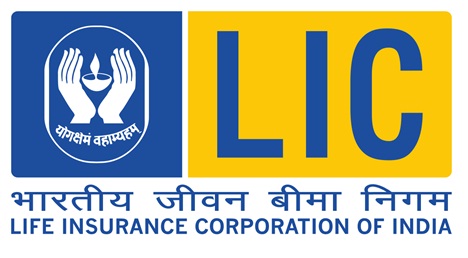Many of us start investment only in February or March, i.e. just before the Financial Year getting over. This could be a big mistake. You may invest your money without proper planning. You may lose interest/appreciation for the whole year. Right time to start planning to invest is start of the financial year. This way you would not only make well informed decisions but also can earn interest for the whole year.
 Here we will discuss about investment and tax deduction under section 80C of Income Tax Act. Section 80C replaces Section 88. Section 80C has become effective from 1st April 2006. Section 80CCC on Pension Scheme also merged with this section. Section 80C of IT Act allows certain investment and expenditure to be tax exempt.
Here we will discuss about investment and tax deduction under section 80C of Income Tax Act. Section 80C replaces Section 88. Section 80C has become effective from 1st April 2006. Section 80CCC on Pension Scheme also merged with this section. Section 80C of IT Act allows certain investment and expenditure to be tax exempt.
The maximum limit of deduction under section 80 is Rs.1.50 lakh from F Y 2014-15 / A Y 2015-16. Before F Y 2014-15 the limit was Rs.1.00 Lakh.
Most of the Income Tax payer try to save tax by saving under section 80C. Must note that under this section you can not only just save tax on investment bust also save tax on certain Expenditure.
Top Investment idea U/s 80C:-
1. Life Insurance Premium: Any amount that you pay towards life insurance premium for yourself, your spouse or your children can also be included in this section deduction.
2. Unit Linked Insurance Plan: ULIP covers life insurance with benefits of equity investments. They have attracted the attention of investors and tax-savers not only because it help us to save tax but also give decent returns in long-term.
3. Provident Fund: PF is deducted from your salary every month and both you and your employer contribute to it. While employer's contribution is exempt from tax, your contribution will come under section 80C. This deduction is compulsory, so this has to be the first and also apart from tax saving, it builds a long term, tax free retirement corpus for you.
4. Public Provident Fund (PPF): Public Provident Fund is one of the best investment. Interest is compounded yearly and the normal maturity period is 15 years. You can deposit minimum Rs.500.00 and maximum Rs.1.50 Lakh. Remember rate of interest may vary by govt. notification.
5. Equity Linked Saving Scheme (ELSS): This is a mutual fund (MF) specially designed to save tax. The investments that you make in ELSS are eligible for deduction under section 80C.
6. National Savings Certificate (NSC): It is good investment option with a maturity period of Five years and Ten Years. Compounded Interest accrued Half Yearly. Minimum investment in NSC is Rs.100.00 and No Maximum limit. You can withdraw NSC before maturity period in case of certificate holder. Remember Investment in NSC are eligible for deduction but accrue interest income is chargeable to tax in the same year.
7. Pension Fund: In this Section 80CCC investment limit is clubbed with the limit of Section 80C. It means total deduction limit under section 80C and 80CCC is Rs.1.50 Lakh. This means that your investment in Pension Funds upto Rs.1.50 Lakh can be claimed as deduction under section 80C.
8. Five Year Bank Fixed Deposit (FD): Tax Saving fixed deposits with tenure of 5 years are also entitled for section 80C deduction.
9. Five Year Post Office Time Deposit: This is similar to bank's fixed deposit scheme. Interest is compounded quarterly but paid annually. Interest is totally taxable.
10. Home Loan Principal Repayment : The Equated Monthly Installment (EMI) that you pay every month to repay your home loan consists of two components- (i) Principal Amount (ii) Interest Amount. The principal component qualifies for deduction under section 80C. And interest component save your tax under section 24 of IT Act. If you have taken home loan this is an automated EMI deduction cum investment.
11. Sukanya Samriddhi Account: If you have blessed with girl child then it is for you only. You can open account under this scheme from the birth of a girl child till she attains the age of 10 year with minimum deposit of Rs.1000.00 and maximum deposit of Rs.1.50 lakh per year. Accrued interest under this scheme is fully exempt from tax in that year as well as in the year of receipts. For more you can read details in Notification No. G.S.R.863(E) Dated 02.12.2014.
Decide and Analyze which investment idea suite you to save tax and save your money with good return. Decision is yours. Have a happy investment.














